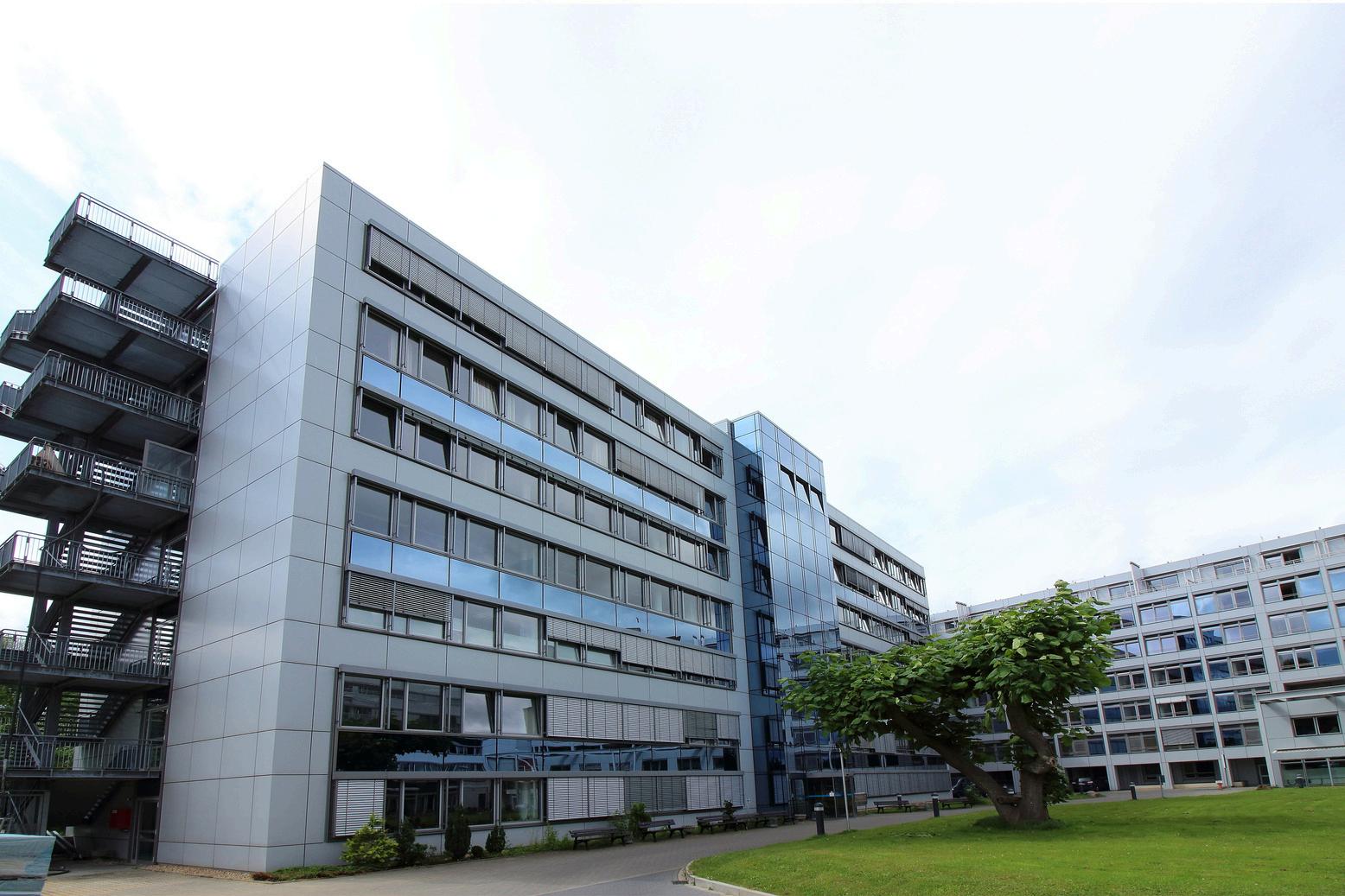

Business MINGSHAN ZHU
Ming Shan Zhu, Albany entrepreneur and owner of Sushi Tei, excels in hospitality and property management, driving innovation with 13+ years in dining and 6 years in real estate.
PROPERTY MANAGEMENT
Property management is more than just fixing leaky faucets or collecting rent. It’s a business built on people, places, and processes. Strong leadership transforms these moving parts into a cohesive, profitable operation. Without effective leaders, even the most promising properties can quickly become sources of stress and financial loss. Ming Shan Zhu’s approach to hospitality and real estate shows that leadership built on communication, accountability, and vision can drive longterm success.
Whether you’re managing residential apartments or commercial office buildings, leadership skills are essential. Let’s explore what makes a great property management leader and how you can build those qualities in yourself or your team.

LEADERSHIP
Unlike many professions, property management brings together diverse responsibilities that can shift daily. A manager might spend the morning negotiating a commercial lease, the afternoon resolving a tenant dispute, and the evening reviewing budgets. This constant juggling makes leadership a necessity, not a luxury.
Leaders set the tone for how problems are handled, how tenants and staff are treated, and how properties perform financially. They establish systems and processes that keep operations running smoothly, even in times of crisis.



RESPONSIBILITIES ANDCHALLENGES
Coordinating maintenance and repairs
Marketing and leasing vacant units
Collecting rent and handling late payments
Maintaining financial records and budgets
Ensuring compliance with local, state, and federal regulations
With these responsibilities come significant challenges, including unexpected repairs, tenant conflicts, cash flow issues, and regulatory changes. The best leaders prepare for these challenges by planning ahead, training their team, and maintaining strong communication.
RESIDENTIALVS COMMERCIALPROPERTY MANAGEMENT
Residential properties include apartment buildings, single-family homes, and condominiums. Here, leadership requires empathy and responsiveness. Residential tenants want comfortable, safe homes and quick solutions when problems arise. Leaders in this sector must navigate high tenant turnover, personal disputes, and a steady flow of maintenance requests.

Commercial properties such as office buildings, shopping centers, or industrial spaces bring different demands. These tenants are often businesses with longer leases and more complex agreements. Leadership here involves negotiating multiyear contracts, maintaining large-scale systems like elevators and HVAC units, and ensuring properties remain attractive to business clients. Commercial managers must also understand zoning laws, parking requirements, and the unique needs of corporate tenants.





MANAGEMENT LEADERS
Communication
Clear, open communication with tenants, staff, and owners builds trust and reduces confusion. Leaders who listen well and share information proactively are better equipped to handle problems before they escalate.
Accountability and Integrity
Property management requires handling other people’s investments, so honesty is essential. Good leaders take responsibility for outcomes, admit mistakes, and act with integrity in every decision.

Vision and Strategic Thinking
Effective leaders set goals and develop strategies to achieve them. For example, reducing vacancies, improving tenant satisfaction, or increasing energy efficiency. A clear vision keeps the team motivated and aligned.
Adaptability
Markets, regulations, and technologies change quickly. Successful leaders embrace new tools and adjust plans to stay competitive. For example, adopting digital rent payment systems or virtual tours can improve efficiency and attract modern tenants.
www.crunchbase.com/person/ming-shan-zhu-0476

